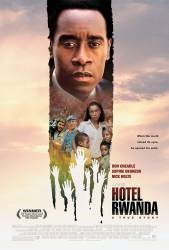
Question: Who was supplying the Hutu army?
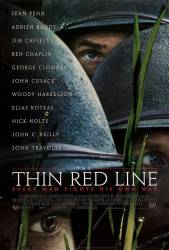
Question: When Witt is in the clearing surrounded by Japanese riflemen, does anybody know what the Japanese soldier was saying to Witt before he shot him?
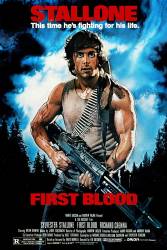
Question: I actually have two questions about this film. Firstly, does Rambo actually kill anyone in this film? Dennehy doesn't die and he didn't kill Galt so was there anyone else? And secondly when Rambo arrives at the cliff face, why didn't he simply run to his right or left? The police were only coming at him from behind (and even if one of them came from the side, Rambo could have used his skills to get past him). So why did he feel that going down the cliff was his only option?
Chosen answer: No he doesn't kill anyone. He didn't know if he was surrounded or not and if he did encounter one from the side they might have shot him.
Rambo killed Galt, albeit indirectly and unintentionally. In the US, "manslaughter involves causing the death of another person in a manner less culpable than murder." Rambo was responsible for throwing a projectile that struck the helicopter, causing the pilot to lose control resulting in Galt falling to his death.
But if Galt had been buckled in, he'd have lived. He was behaving recklessly. Yes Rambo's rock was involved, but that's two steps removed from Galt's death. Rock thrown -> pilot overreacts -> Galt falls because he wasn't strapped in properly. Galt's own behaviour and the pilot's reaction are more at fault than Rambo. This isn't a court, by most reasonable standards Rambo didn't kill Galt.
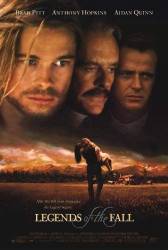
Question: Why is Decker wanted by the police? When the police came to visit the ranch, Decker notices them, tips his hat and walks away. The police have a sketch of Decker that says he is WANTED.
Answer: Very early in the story when one stab is narrating, he's kind of introducing everybody and makes a reference about Decker having "illegally" married an Indian woman, and there are several references to the fact that the father was not happy working for a government that was killing Indians and also went out of his way to make sure they were in no way discriminated against. I think it's possible that may be why they were looking for Decker and why Colonel went out of his way to hide his living there.
I believe Decker had been a bootlegger. That would be the reason why the O'Banions (sellers of booze themselves), were with the sheriff when they came looking for Decker at the Ludlow's ranch. And also, the reason why the O'Banions didn't want to say what Decker was wanted for because.it was their own personal vendetta concerning bootleg whiskey. Maybe they had reason to believe that he was still selling bootleg whiskey around those parts. Also, later in the movie, when Tristan returns home after 7 years, Decker says to him "There's good money in bootlegging if you know what you're doing." And, Decker says that with a huge smile. Like he definitely knew what he was talking about and could definitely give Tristan some pointers about being a bootlegger.
Alcohol wasn't illegal until well after World War 1. The initial scene with the O'Bannons takes place before the boys go off to war, and it's stated afterwards that Alfred voted for the Volstead Act making alcohol illegal.
Not sure about this. At the time the sheriff comes looking for Decker, it's roughly 1915, and liquor is not yet illegal.
Answer: I don't think it's ever mentioned. The Ludlows almost certainly already know, and in the scene mentioned, the cops won't say.
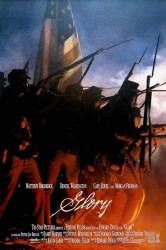
Question: When the men finally get their shoes, they are just tossed a pair from the wagon and they automatically fit. Were military shoes back then one size fits all? How could they have shoes that automatically fit them?
Answer: To add to the answer, it's shown in the film in this scene as a soldier approaches a pile of shoes and places a pair on the pile and grabs another.
Chosen answer: The shoes would have been a mix of the most common sizes, and the men would have gone through them to find the right size...swapping when necessary. Keep in mind many of them were barefoot, so even shoes of the wrong size would have been a blessing.
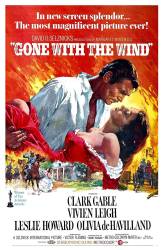
Question: At the very beginning when the twins are talking to Scarlett it sounds to me like George Reeves says something about the "other 48 states" wanting war. Am I hearing that incorrectly? There were only 34 states when the war began.
Answer: To answer your question, I looked for on-line versions of the "Gone with the Wind" screenplay. What you are hearing as "other 48 states" is actually "those fool Yankees." The full line is, "Y'know, those fool Yankees actually want a war?" Also, the line is actually said by Stuart Tarleton, played Fred Crane, not by George Reeves as his twin brother, Drew. In writing, it doesn't seem they would sound alike. When I watched the opening scene of "gwtw" on YouTube (https://www.youtube.com/watch?v=ymbmvQJcLDc&t=6s), I can see how the error was made. I might have misheard it, as well, if I didn't already know what the line was from my research. Mr. Crane's enunciation is rather muddled.
Answer: I watched this scene several times on HBOmax, both with and without the closed captions. The line, spoken by Brent Tarleton (George Reeves) is: "You know, those poor Yankees actually want a war." It does sound like he says another word just before saying "Yankees," but it's so muffled that it's unintelligible and the closed captions do not record it. It could be "poor fool Yankees," but that's a guess.
Answer: In the version I am watching it is definitely Reeves' character who say the line, right after he tells Scarlett "War. Isn't it exciting Scarlett?" Then comes what sounds like what I posted. Is it possible there are different versions?
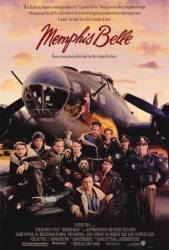
Question: At the briefing it's pointed out that there's a hospital, school, etc. around the factory they're bombing, and Dennis is very adamant about getting the bombs "right in the pickle barrel" so a lot of innocent people don't get hurt. But the planes are spread out over a large area in the sky, and are also moving when the bombs are dropped, so wouldn't the bombs land over a large area and not just in the limited vicinity of the factory?
Chosen answer: It would seem that every plane's Norden bombsight would drop from different angles, etc., each designated for a common target. So, 2 planes could be higher, lower, ahead or behind the target and each hit the target, if the bombadiers had an accurate fix on the target.
Answer: Even with the Norden bomb sight, during WW2 bombing was generally very inaccurate.
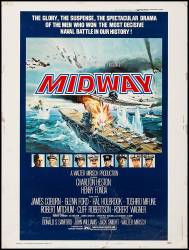
Question: When is The Coral Sea Battle shown?
Answer: It's shown in the original 4 hour movie. Most of the scenes from the Coral Sea Battle are cut from this version and the battle is referenced, but never really shown.
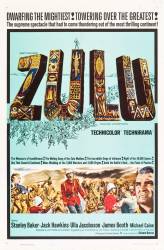
Question: I first saw the movie in a cinema when it was first released. I'm quite sure I saw a scene which was later edited out, perhaps to accommodate the ratio of television screens. Before the attack various soldiers stop to listen to a strange sound echoing over the hills - "like a train" someone says. After we hear the sound twice my memory is that the movie cut to a panoramic view of thousands of Zulu warriors running across the veld, banging their shields with their spears, on their way to Rorke's Drift. This is what was causing the "train" sound, a phenomenon that is not explained subsequently anywhere in the edited version of the film. The dramatic effect of the shot, panning across what looks like thousands of armed Zulus, was riveting and served to emphasise the impossible odds faced by the British. Am I the only one who recalls this scene?
Answer: Absolutely correct. This exact scene is in my DVD of Zulu. They may have changes when the TV version aired, but this definitely in the original.
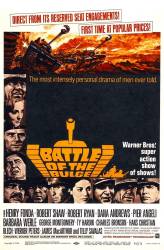
Question: What is the English translation of the panzer song when Hessler meets his commanders?
Answer: I believe that in the film, the men are repeatedly singing only the first verse. However, I have found the complete translation of all five verses and posted it here: "The Panzer Song (Panzerlied) " 1: Whether in storm or in snow /Whether the sun smiles on us/ The day blazing hot /Or the night ice cold/ Our faces are dusty/ But our spirits are cheerful /Yes, our spirits are cheerful/ Our tank roars Into the windstorm. 2: With thundering engines /As fast as lightning/ We engage the enemy/ Safe in our tanks/ Far ahead of our comrades /In battle we stand alone/ Yes, stand alone Into enemy territory. 3: If an enemy tank /Appears in our sight /We ram throttles full/ And close with the foe! /We give our lives freely /For the army of our realm/ Yes, the army of our realm/ To die for Germany Is our highest honour. 4: With barriers and tanks/ Our opponent tries to stop us /We laugh at his efforts/ And travel around them/And when the guns threatingly/ Hide in the yellow sand/ Yes, in the yellow sand/ We search for paths /No-one else has found. 5: And if some day /Faithless luck abandons us /And we can't return home/ The deadly bullet strikes/ And fate calls us /Yes, fate calls us /Then our tank is An honourable grave. Source: http://defence.pk/threads/german-ww2-and-pre-ww2-march-songs.146130.
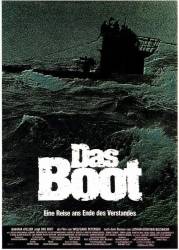
Question: During the film one of the officers was holding a bottle of Becks beer. Was the label on the bottle age/era appropriate?
Answer: The label is absolutely correct, but at this time Beck's Beer was only for export and not regularly available in Germany.
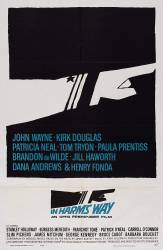
Question: After promotion, Captain Torrey (O-6) is offered his "lucky stars" (O-7) by 4-star Admiral Fonda. In subsequent shots Admiral Torrey is wearing 2 stars (O-8, of an upper half Rear Admiral) - jumping the lower half (1 star, O-7) admirals. When does this ever happen?
Answer: One Star rank wasn't formalized until 1943. Rear Admiral lower and upper wore the same 2-stars.
Answer: After WWII, the one star was discontinued until recent years when the rear admiral lower half was formalized with one star.
Answer: During wartime, the rank of Commodore is a one-star. Torrey is promoted to a flag officer, Rear Admiral, which is a two-star.
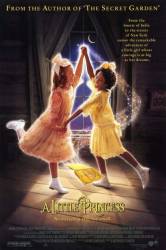
Question: When Sarah and Becky wake up in the morning and the table is covered in food and they have new slippers etc, how did those items get in their room?
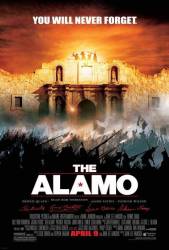
Question: Can anyone tell me if Santa Anna really ran away from Houston's forces as it shows in the movie? And was that battle really over in 18 minutes? (Not being an American or a Texan for that matter, I have very little knowledge about what happened at the Alamo, I'm just curious).
Answer: Yes, the battle of San Jacinto really did last 18 minutes. Houston's army surprised the Mexican army while they were taking an afternoon nap.
Answer: The defenders of the Alamo held off Santa Anna's troops for 13 days before a final assault on 6 March 1836, where the complex was stormed just before dawn. The battle ended by sunrise. Santa Anna was captured at the Battle of San Jacinto in April of the same year, and Texas won its independence from Mexico. Also check www.thealamo.org for detailed information and links.
Answer: In a way. Santa Anna tried to pass himself off as a common soldier, but when he was captured, his men spilled the beans by calling him by his title.
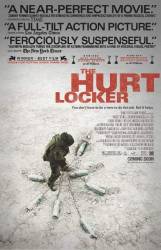
Question: In the sniper scene, the terrorists quickly took out one of the mercenaries on the Barrett. However, when Sergeant Sanborn took the same position, the opposing sides didn't even take a shot and hardly retaliated. Is there any reason why this is so? Including the guys on the roof, the guy to the far right, and the guys in the window not trying to move positions either.
Answer: The problem for the sniper was once he'd taken his shot, he was now pretty exposed. He didn't have a lot of cover and it wouldn't have taken the Americans long to figure out where the shot came from, hence why the enemy snipers made no attempt to move.
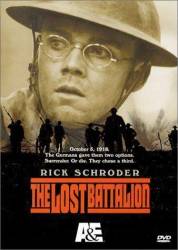
Question: In one of the last scenes of the movie when the camera is spanning the waste of the battlefield, why is there a British Lee Enfield rifle shown propped up against a tree? Why would that weapon be found there?
Answer: Units from all nations were mixed throughout the field.
Answer: It was not uncommon for us troops in WW1 to be issued the Lee Enfield or the 1917 Enfield.
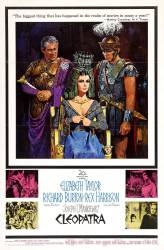
Question: During Rex Harrison's entire performance as Julius Caesar his arms and legs are covered by garments underneath his military garb and robes, even while in Egypt. The other Romans as would be expected have bare legs and arms. Was Harrison suffering from some skin condition or was he too shy or embarrassed of his limbs to show them in the film?
Answer: The people of higher rank would usually have more or better armor so in his case that would probably be extra armor for his legs and arms.
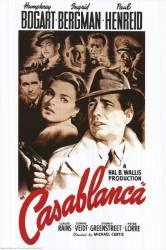
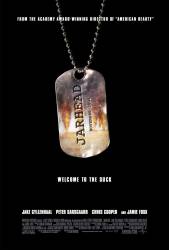
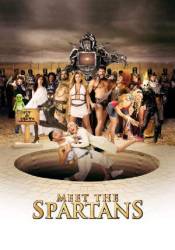
Answer: French.